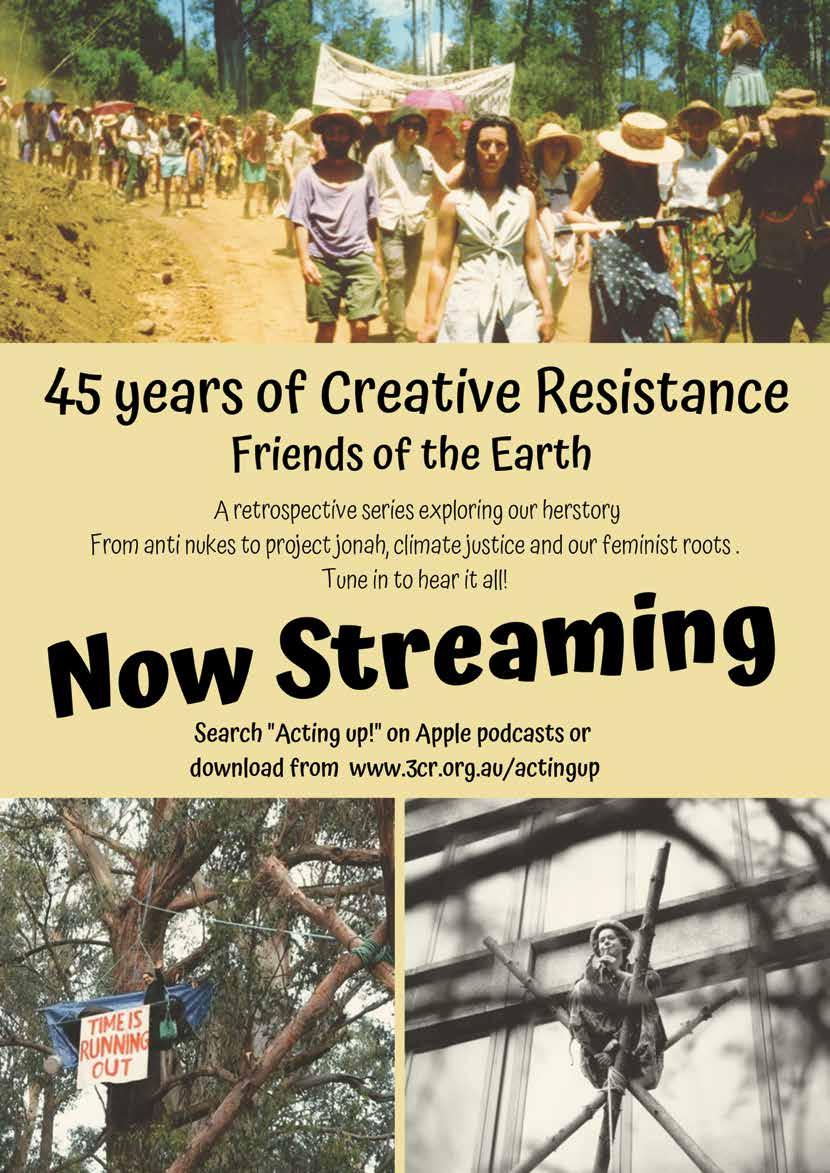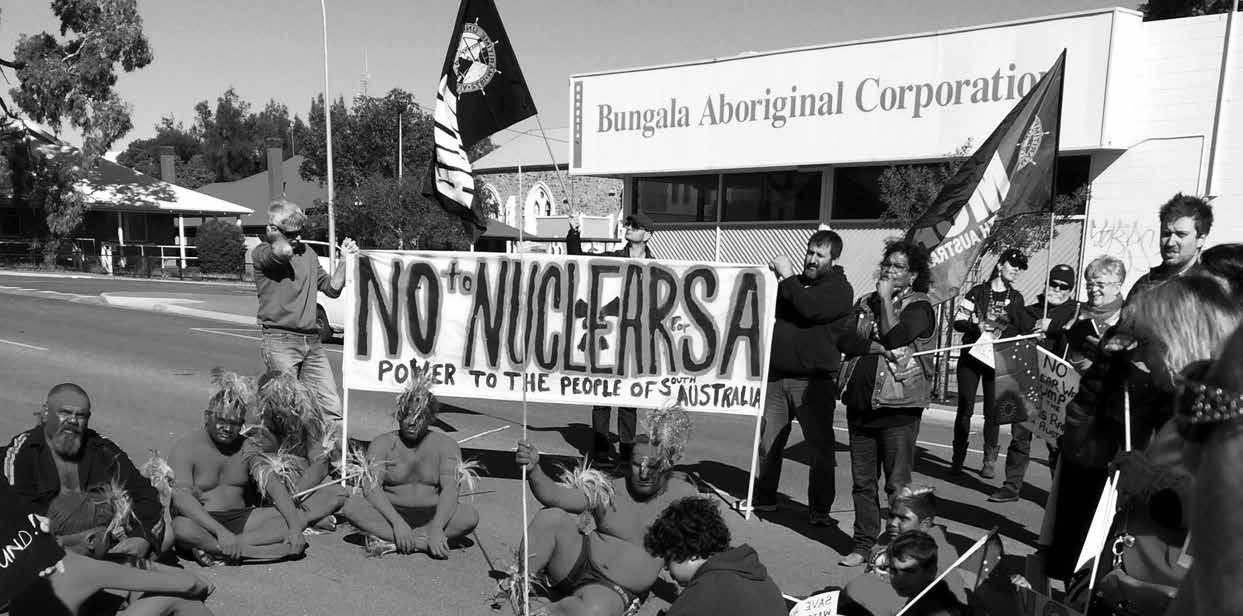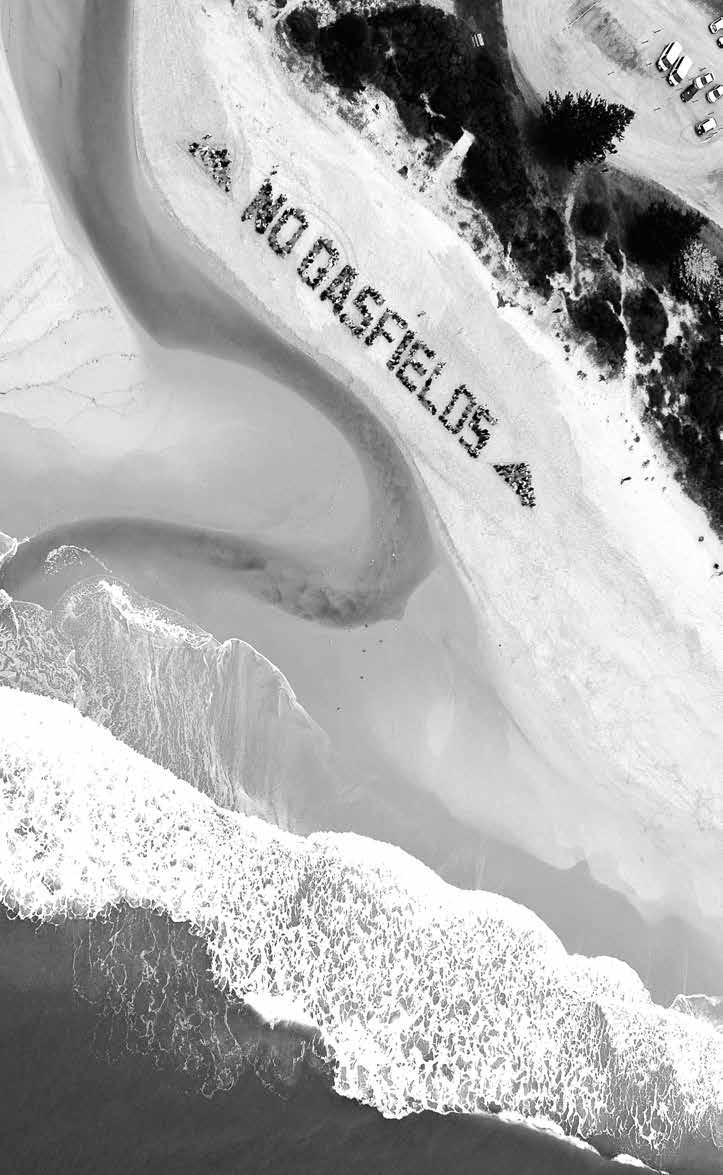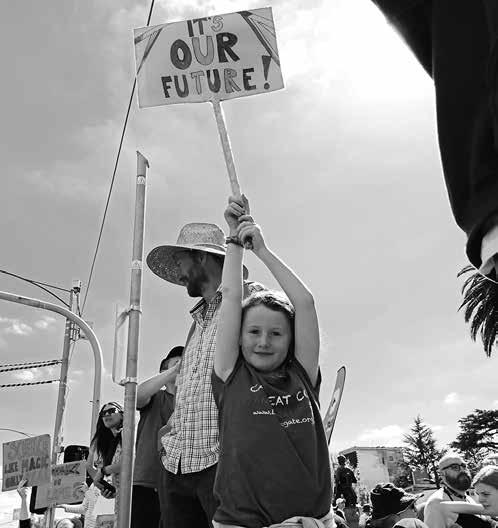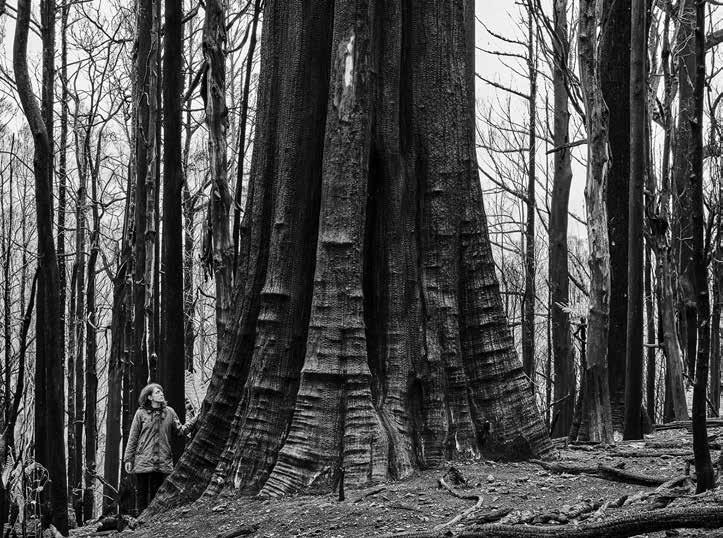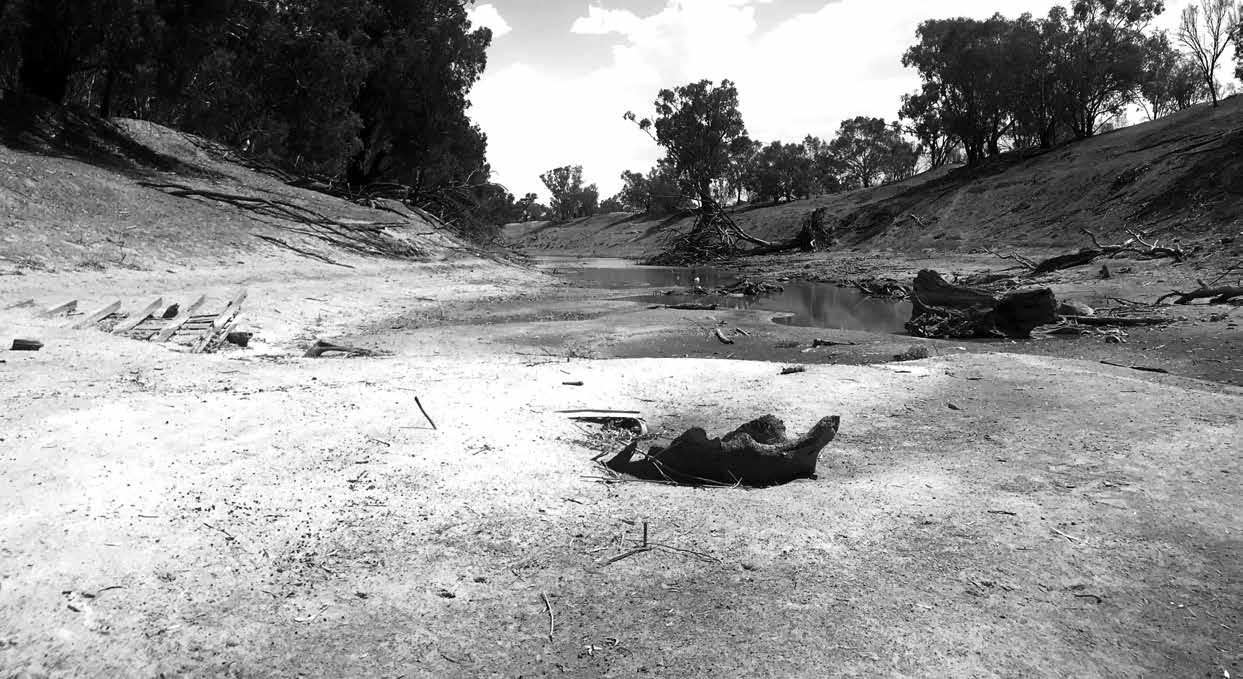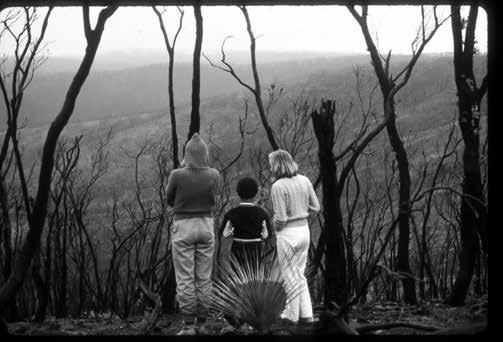did, the second form of power comes into play. Ideational power refers to influencing the public agenda, for example with advertising and extremely well-funded submissions full of data and economic argument. Gas companies are also versed in instrumental power, using lobbying and other soft power to ensure that officials and politicians hear their voice above all others, as well as employing hard power through funding support, making threats and outright corruption. This power is partly exposed by Market Forces, another affiliate of Friends of the
Earth, when it probes deeply into the annual reports and accounts of the gas industry and their financiers. It is fitting to end by referencing Eric Olin Wright’s book How to be an Anticapitalist. Wright (2019) tells us that campaigns against domestic and retail use of gas need to draw particularly on ideas of fairness to low income and vulnerable people, involving people in democratic decisionmaking, and relentlessly building community. Thinking about gas workers, democratic control over the pathways that businesses take to transition off gas becomes important. Although the climate crisis isn’t central to his thinking, Wright (2019) offers a vision of a future society should look like and ways of eroding capitalism and challenging state power. Human values and needs are central to his thinking, which he addresses through ideas about equality/fairness, democracy/liberty and community/solidarity.
References Aronoff, Kate, Alyssa Battistoni, Daniel Aldana Cohen and Thea Riofrancos (2019) A Planet to Win. Why We need a Green New Deal. Verso, London. Beyond Zero Emissions (2018) Zero Carbon Industry Plan: Electrifying Industry. http://bze.org.au. Cardoso, Andrea (2018) Valuation Languages Along the Coal Chain From Colombia to the Netherlands and to Turkey, Ecological Economics 146 (2018) 44–59. Edwards, Lindy (2019) Corporate Power in Australia. Do the 1% Rule? Monash University Publishing, Clayton. Energy Networks Australia (2017a) Reliable and Clean Gas for Australian Homes. www.energynetworks.com.au/sites/default/files/gas_for_australian_homes_october_2017.pdf Energy Networks Australia (2017b) Gas Vision 2050. www.energynetworks.com.au/gas-vision-2050. Energy Savings Industry Association (2019) Energy Efficiency Employment in Australia Report, ESIA. Available at: https://esia.asn.au/publications/esia-reports/esia-jobs-report-2018. Forcey, Tim (2016) ‘Hot summer nights, and cold winter evenings: how to be comfortable and save money all year long’ The Conversation. January 25 2016. https:// theconversation.com/hot-summer-nights-and-cold-winter-evenings-how-to-be-comfortable-and-save-money-all-year-long-51046 Garnaut, Ross (2019) Super-power. Australia’s low-carbon opportunity. LaTrobe University Press, Melbourne. Murphy, I. (2019) ‘Employment in oil and gas industry up by 17 per cent’, Energy Magazine, 26 June. Available at: www.energymagazine.com.au/employment-in-oil-and-gas-industry-up-by-17-per-cent/ Robertson, Bruce (2019) IEEFA update: The staggering cost of gas in Australia. July 15 2019. https://ieefa.org/the-staggering-cost-of-gas-in-australia/ Toscano, N. (2019) What really happened after the carmakers closed their doors? Available at: www.smh.com.au/business/the-economy/what-really-happened-after-the-carmakers-closed-their-doors-20190613-p51xdl.html. Walker, Cam (2018) The movements of the Australian environment movement. Chain Reaction. Issue 132, April 2018 Wright, Eric Olin (2019) How to be an Anticapitalist in the 21st Century. Haymarket Books. West, Michael (2020) Gas deal: “a massive transfer of wealth from gas customers to China and Singapore”. https://www.michaelwest.com.au/gas-deal-a-massive-transfer-of-wealth-from-gas-customers-to-china-and-singapore/ Accessed 8 March 2020
Australian nuclear dump decision trashes indigenous peoples’ rights Jim Green and Michele Madigan
Earlier this year, the Saugeen Ojibway Nation voted against plans for a deep geological repository near Lake Huron. The Canadian government will respect the decision and will no longer target the site. Sadly, the situation in Australia is the exact opposite: Traditional Owners were denied a right to vote in a ‘community ballot’ concerning a national nuclear waste dump, and the federal government is proceeding with the dump despite their unanimous opposition. The federal government announced in February that it plans to establish a national nuclear waste ‘facility’ near Kimba on South Australia’s Eyre Peninsula. It will comprise a permanent dump for low-level nuclear waste, and an ‘interim’ store for long-lived intermediate-level waste.
38
Chain Reaction #138
May 2020
Shamefully, the federal government has decided to move ahead despite the unanimous opposition of the Barngarla Traditional Owners, native title holders over the area. The federal government refused a request from the Barngarla Determination Aboriginal Corporation (BDAC) to include traditional owners in a ‘community ballot’ held last year. So BDAC engaged the Australian Election Company to conduct a confidential postal ballot open to all Barngarla Traditional Owners. None of the respondents voted in favour of the dump. BDAC then wrote to the government calling for the dump proposal to be abandoned in light of their unanimous opposition, and stating that BDAC will take whatever steps are necessary to stop it being imposed on Barngarla Country against their will. The government’s ‘community ballot’ registered 55% support among eligible voters – thanks to a promised $30 million bribe and the implausible claim that 45 jobs will be created. But if the ‘community ballot’ is combined with the Barngarla ballot, the overall level of support falls to just 43.8% of eligible


